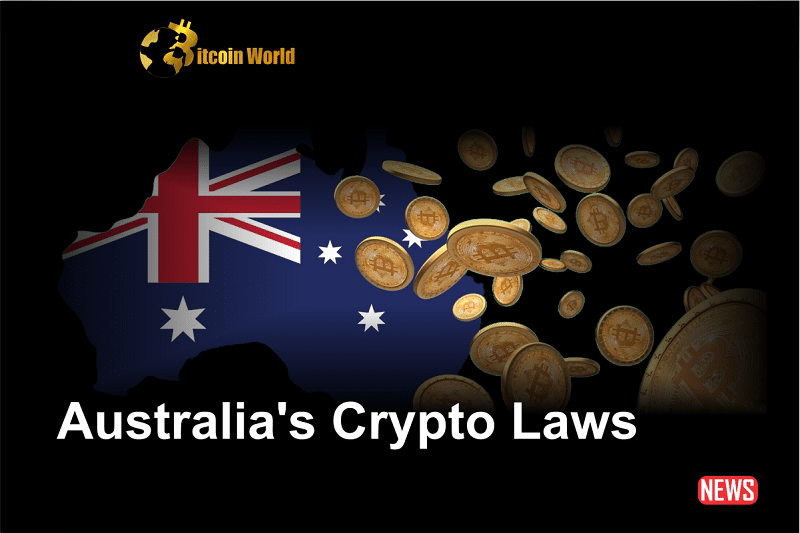The Australian government must hasten its efforts in developing cryptocurrency regulations or risk lagging behind other developing markets, according to Loretta Joseph, the chair of the Australian Digital Financial Standards Advisory Council (ADFSAC). The newly established policy institute under the ADC Forum has warned that the country’s slow regulatory development could hinder its progress in the crypto industry.
Earlier this year, the Australian Treasury conducted consultations for its “token mapping” exercise to classify different crypto assets. A paper proposing a licensing framework is expected in mid-2023, and roundtable discussions on crypto licenses are scheduled for the third quarter. Additionally, there is a private bill in progress to expedite crypto regulation.
However, Joseph cautioned that Australia’s regulatory development pace needs to be more active. She expressed her dismay, citing examples of countries like Bermuda, Mauritius, and Nigeria that have moved faster regarding crypto regulation. Joseph emphasized the transformative impact of decentralized technology on global well-being and urged Australia to catch up.
According to Joseph, existing legislation in Australia needs to adequately cover more of the crypto ecosystem. She believes the country should consider updating or adopting new laws to foster innovation. Joseph has been involved in writing crypto policy and legislation since 2017 and played a role in helping Bermuda pass its laws on digital currency businesses in 2018.
To address these issues and facilitate meaningful dialogue, Joseph established ADFSAC, bringing together industry stakeholders, academia, policymakers, and government representatives. She stressed the importance of inclusive think tanks to ensure comprehensive discussions and enable effective legislation.
Education on cryptocurrencies will also be a focus of the new institute, aiming to provide hands-on experience with wallets and promote understanding of their ease of use. Joseph suggested aligning Australia’s policy direction with global standard-setting bodies such as the International Organization of Securities Commissions (IOSCO), the Financial Action Task Force (FATF), and the Financial Stability Board (FSB).
Joseph believes that the G7 and G20 governments will soon enforce crypto rules, making it crucial for companies to seek jurisdictions with clear legal frameworks. Establishing operations in jurisdictions offering regulatory clarity is essential for companies’ future survival.
As Australia strives to keep pace with the evolving crypto landscape, accelerated regulation, comprehensive dialogue, and international alignment will play pivotal roles in shaping the country’s crypto industry.















